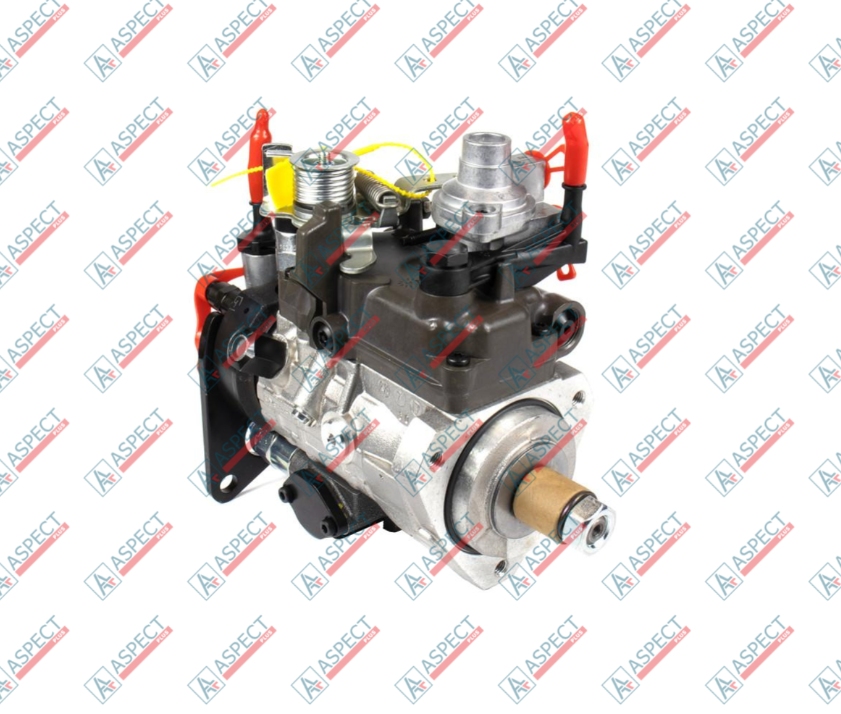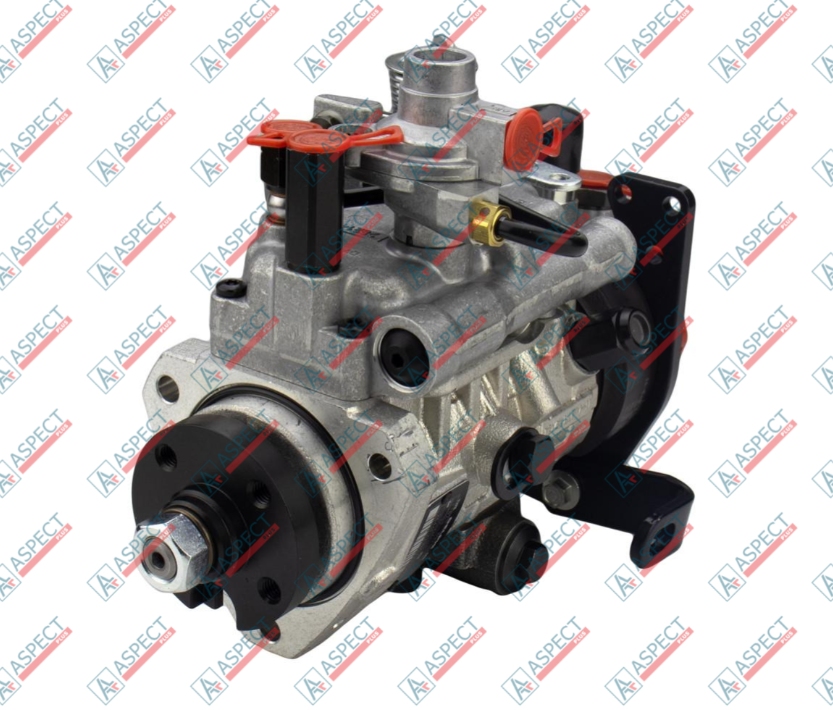The Evolution of Delphi Fuel Pumps: From Traditional to High-Precision Systems

The fuel system is the lifeblood of a diesel engine, and the fuel pump is its heart. The journey of fuel delivery technology from simple mechanical systems to today's high-precision, electronically controlled units is a story of innovation driven by the constant need for greater performance, efficiency, and reduced emissions. In this story, Delphi has played a pivotal role. This article provides a historical and technological overview of the Delphi fuel pumps evolution, tracing the brand's journey from conventional fuel delivery systems to the modern Common Rail Systems (CRS) that power much of today's heavy equipment and transportation. We will explore the innovation and reliability that define their products, educating readers on the critical role of Delphi fuel system innovation in contemporary engines.
Early Stages: The Rise of Mechanical Fuel Pumps

The roots of modern Delphi fuel injection technology trace back to brands like Lucas and CAV, which later became part of the Delphi family. Their early work focused on robust mechanical fuel delivery systems that were simple, reliable, and perfectly suited for the engines of their time.
- Traditional Inline and Rotary Pumps: These pumps, such as the DPC series, were workhorses. They used mechanical principles to meter and pressurize fuel, relying on camshafts and internal mechanisms.
- Limitations: While reliable, these systems had inherent limitations. They couldn't precisely control injection timing or pressure independently of engine speed, making them less adaptable to the evolving demands for better fuel efficiency and lower emissions.
The Shift to Electronic Control and Common Rail
The 1990s marked a turning point in fuel injection technology. Increasing environmental regulations and the demand for more powerful yet economical engines led to the rise of electronic control and, most importantly, the Common Rail System. Delphi was at the forefront of this revolution.
How Common Rail Changed Everything:
The Common Rail System fundamentally changed fuel delivery. Instead of a separate pump for each injector, a single high-pressure pump (HPFP) pressurizes fuel into a common rail (a high-pressure accumulator). From there, electronically controlled injectors deliver fuel to each cylinder. This allows for:
- Independent Control: Injection pressure and timing can be controlled independently of engine speed, which is a major breakthrough.
- Multiple Injection Events: The system can perform multiple, finely timed injections per cycle, leading to cleaner and more complete combustion.
The Rise of Modern Delphi Fuel Pumps:
Delphi's fuel pumps evolution led to a series of high-pressure pumps that became cornerstones of modern diesel engines:
- DFP1, DFP3, DFP4, DFP6 Pumps: These are some of the most recognized high-pressure fuel pumps from Delphi. They are designed to meet the extreme pressure requirements of modern CRS, which can exceed 2,000 bar.
- DFP1: An early-generation HPFP, known for its reliability in a wide range of medium-duty applications.
- DFP3/DFP4: These pumps represent the next generation, offering higher pressure capabilities and improved efficiency.
- DFP6: A high-end, heavy-duty HPFP for the most demanding applications, capable of achieving peak pressures and ensuring optimal engine performance.
Impact on Engine Performance, Fuel Economy, and Emissions
The technological leaps in Delphi fuel pumps and CRS have had a profound impact:
- Increased Engine Performance: Higher and more precise injection pressures lead to better fuel atomization, resulting in more complete combustion and a significant increase in power and torque.
- Improved Fuel Efficiency: The ability to finely tune injection timing and duration for every operational condition allows for maximum fuel economy, which is a major concern for transport and logistics companies.
- Reduced Emissions: More complete combustion drastically reduces harmful emissions, helping engines meet global standards like Euro 6 and beyond. This is a key aspect of emissions reduction technology.
The Importance of Quality Parts and Maintenance
Even the most advanced Delphi common rail systems are susceptible to wear and tear. Their reliability depends heavily on two factors:
- Fuel Quality: CRS operate with extremely tight tolerances. Contaminated fuel (with water or particulates) is the single biggest threat to the system, causing rapid wear and failure.
- Using Genuine Parts: When a component fails, the choice of spare parts is critical. A non-genuine fuel pump may not meet the precise pressure and flow specifications, while a low-quality injector can compromise the entire system. Using genuine Delphi parts ensures the system's integrity is maintained.
As a reliable supplier, Aspect Plus offers a comprehensive range of genuine Delphi fuel pumps and components, ensuring your engine operates with the latest technological advancements and optimal efficiency. We understand the intricacies of these systems and provide only quality parts to protect your investment.

Conclusion
The evolution of Delphi fuel pumps is a testament to the continuous pursuit of engineering excellence. From robust mechanical systems to today's high-precision CRS, Delphi has consistently provided the core technology needed to make diesel engines more powerful, efficient, and environmentally friendly. For anyone operating heavy-duty trucks or special equipment, understanding this journey is key to appreciating the importance of proper maintenance and choosing genuine Delphi parts. Investing in the quality of your fuel system components is the most effective way to ensure the long-term reliability and performance of your engine.
For expert advice on Delphi fuel system innovation, fuel pump repair, and a wide selection of genuine Delphi parts, contact the specialists at Aspect Plus. We are here to help you get the best out of your engine's fuel system.















